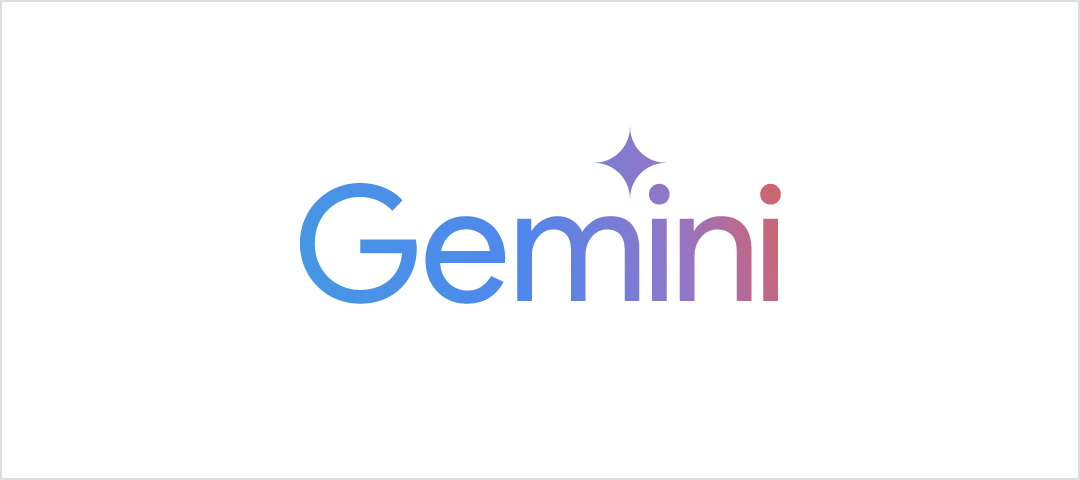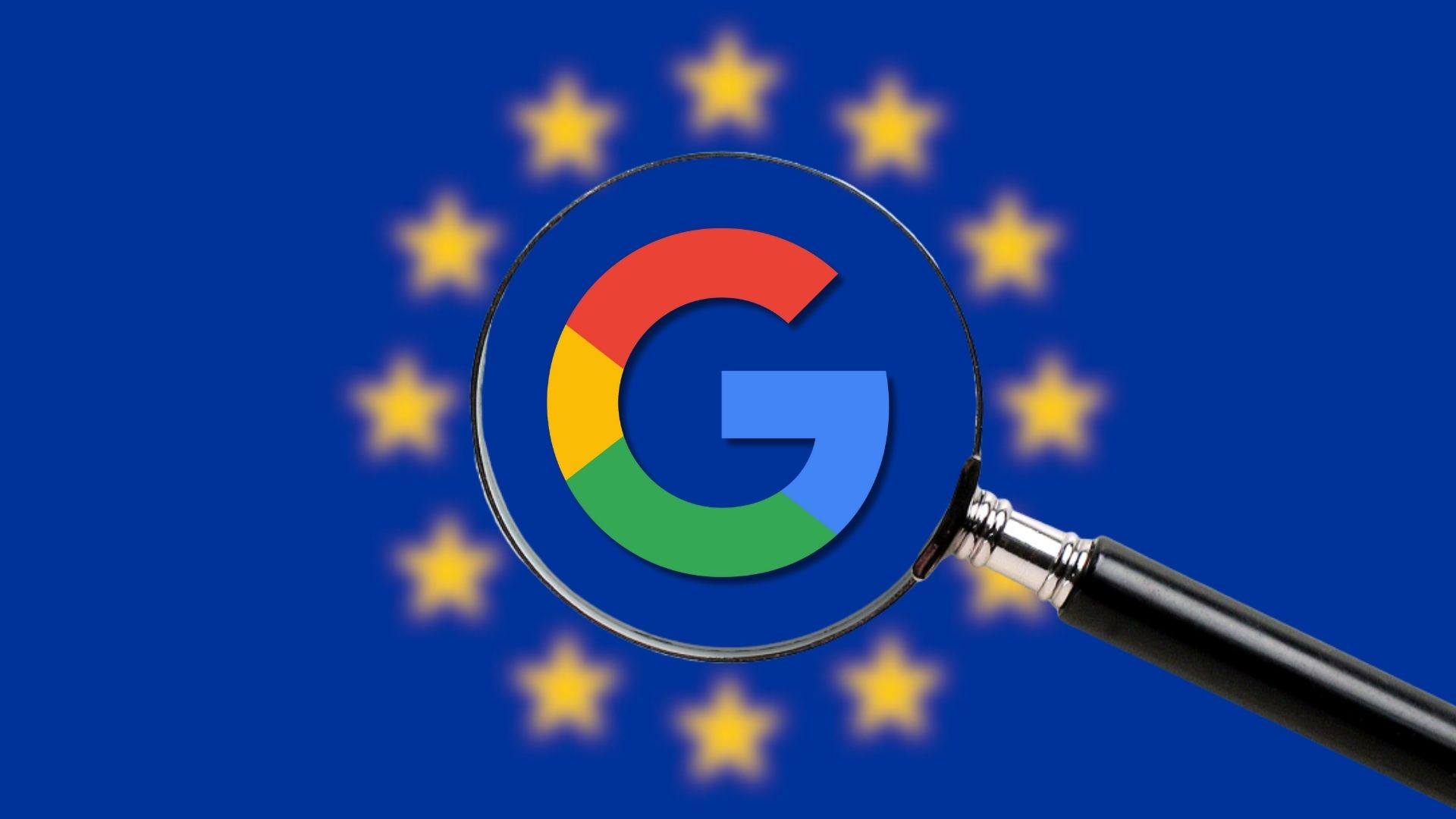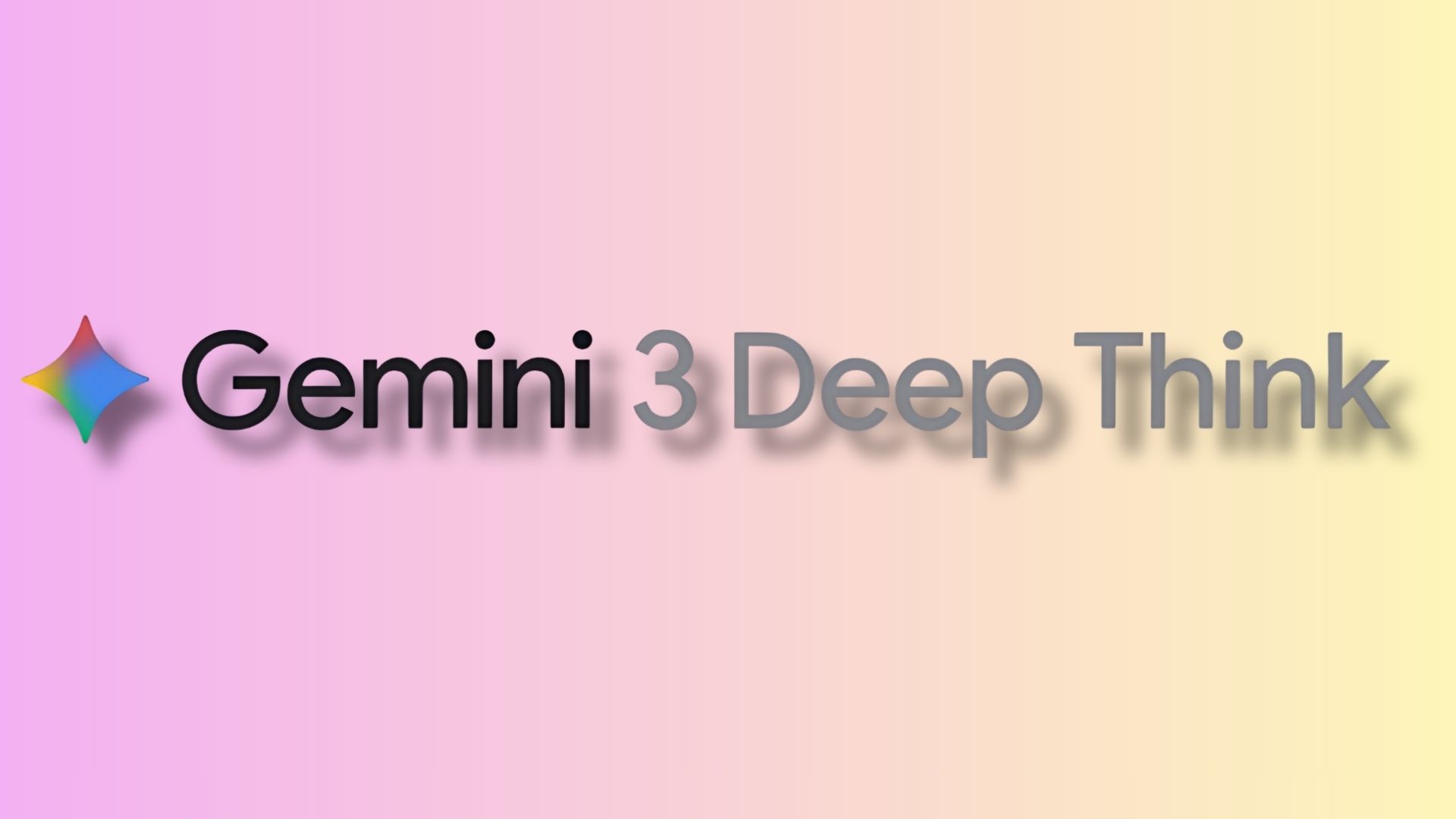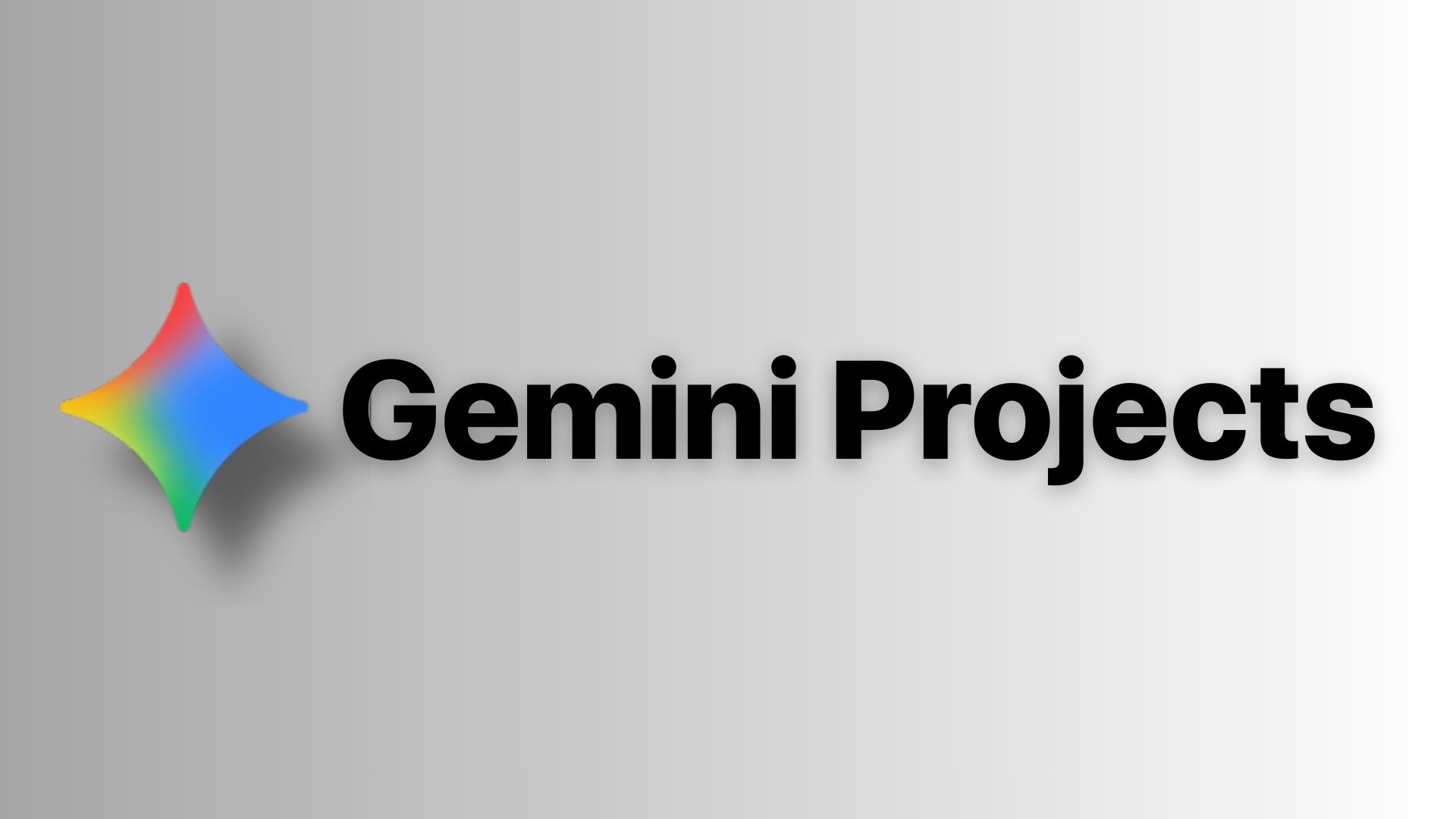Google’s new research on the impact of Gemini AI in Workspace reveals that the technology is reshaping how teams collaborate, with surveyed workers reporting weekly time savings and increasing confidence in AI-supported tasks.
The findings, based on input from more than 1,200 leaders and employees across six countries, suggest generative AI is becoming integral to routine workflows.
Many users report that Gemini helps them accomplish more in less time, generate ideas faster, and redirect their attention from repetitive tasks to higher-value work.
The report highlights wider organisational benefits. Leaders see AI as a driver of innovation, but a gap remains between executive ambitions and employee readiness. Google says structured training and phased rollouts are key to building trust and improving adoption accuracy.
New and updated Workspace features aim to address these needs. Recent Gemini releases offer improved task automation, enhanced email drafting, and advanced storytelling tools, while no-code agent builders support more complex workflow design without specialist skills.
The research points to a broader transformation in digital productivity. Companies using Gemini report fewer hours spent on administrative work, higher engagement, and stronger collaboration as AI becomes a functional layer that supports rather than replaces human judgement.
Would you like to learn more about AI, tech, and digital diplomacy? If so, ask our Diplo chatbot!










